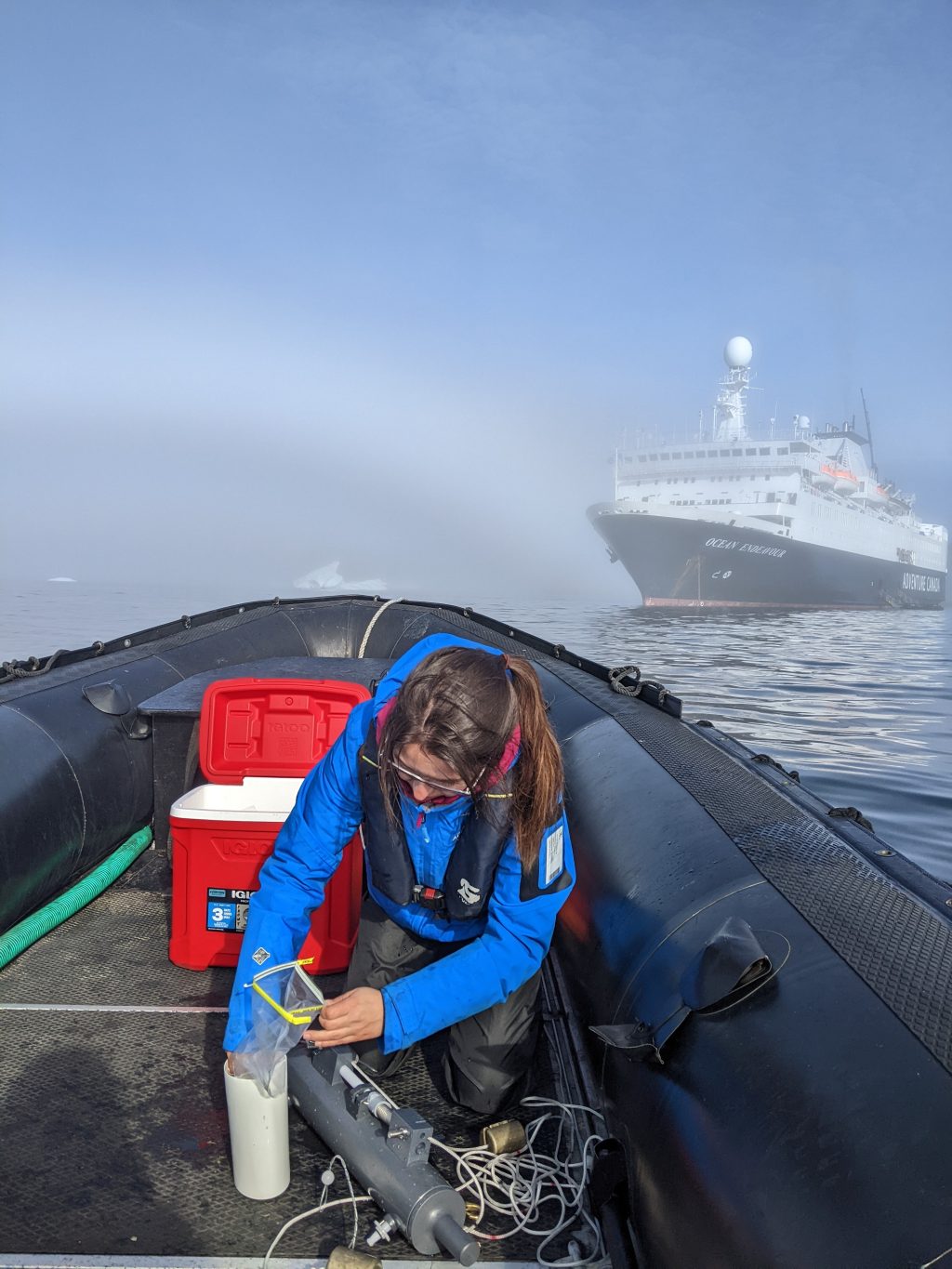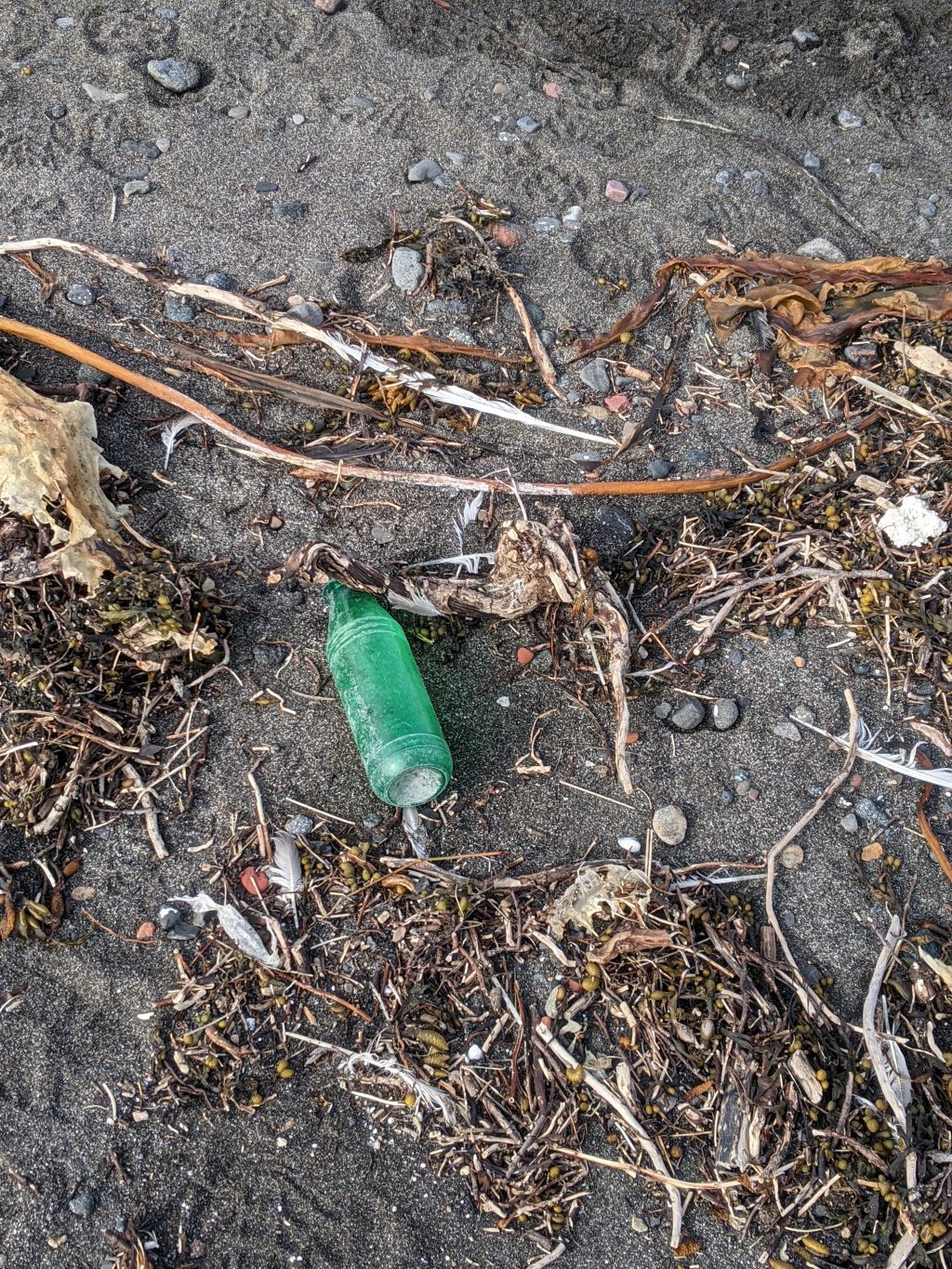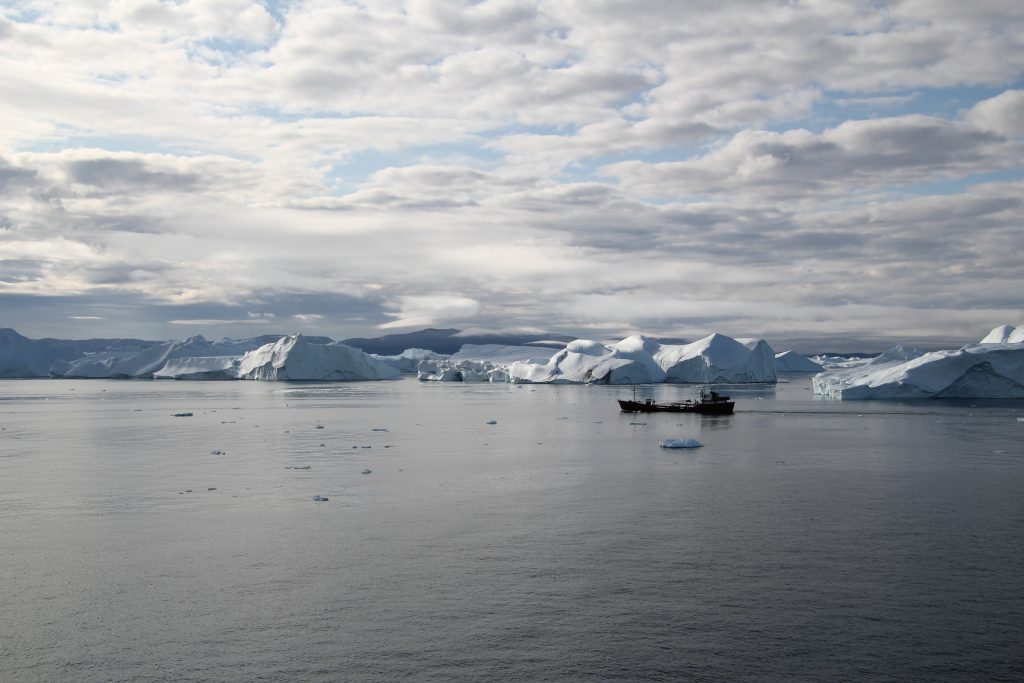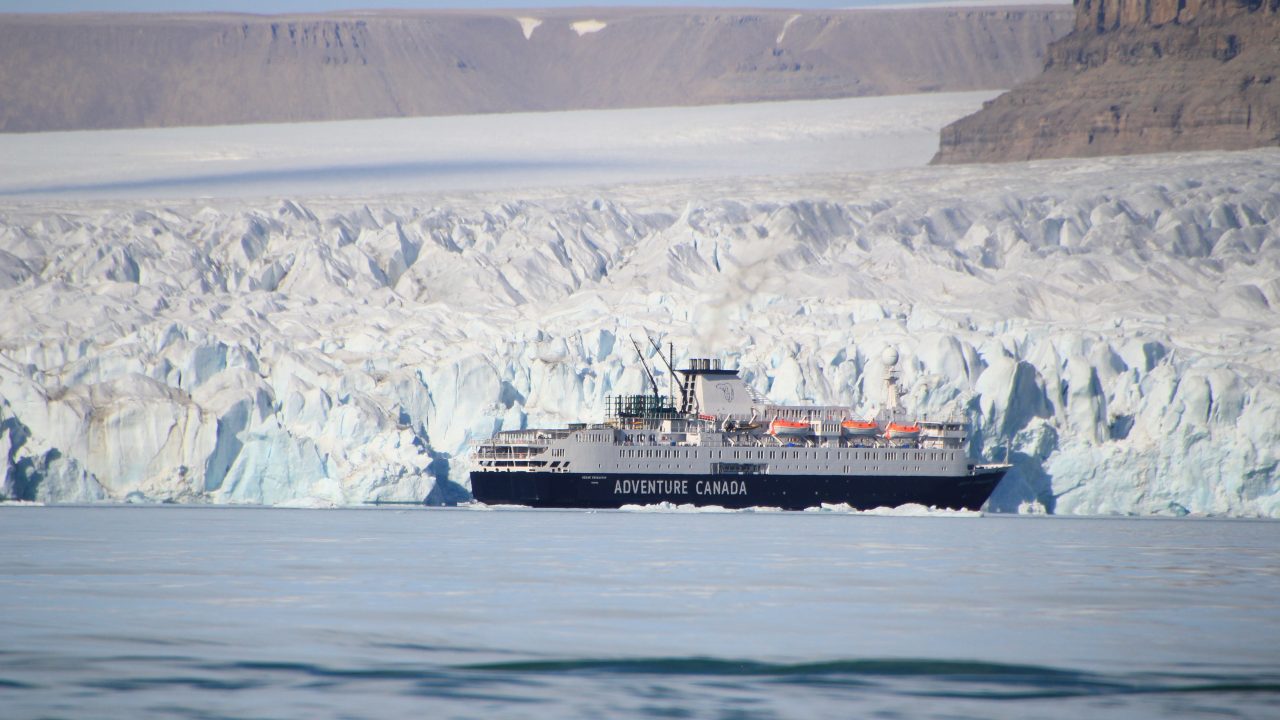Arctic Shipping Risks in Inuit Nunangat
Inuit Qaujisarnirmut Pilirijjutit on Arctic Shipping Risks in Inuit Nunangat (IQP-ASR), is one of the 13 projects funded through the Canada – Inuit Nunangat – United Kingdom Arctic Research Programme (CINUK). The project’s name and design are reflective of Inuit social values, Inuit Qaujisarnirmut (knowledge), and the principle of Piliriqatigiingniq, which is broadly defined as the process of respectful coming together and use of every resource, network, technology, and process available, in order to arrive at the best possible collaborative solution to a challenge. The project team includes over 30 participants from across 14 different Inuit organisations and communities, government scientists, and academics, from Canada and the UK, and is co-led by Jackie Dawson, University of Ottawa, Canada, Stephanie Meakin, Inuit Circumpolar Council Canada and Vicky Peck, British Antarctic Survey, UK.

In recent years, climate change has led to reduced sea ice in Inuit Nunangat, which has resulted in more open water, leading to an increase of 250% in shipping activity since 1990. With this increased ship traffic comes increased environmental and cultural impacts on the communities in Inuit Nunangat. The IQP-ASR team seek to understand more about these impacts, and will do this through the following research activities:
- Analysing historic ship traffic (since 1990) and project future trends (2050) in Inuit Nunangat;
- Modelling current and future (2050) ship source underwater noise nearby communities;
- Conducting in-situ sampling of potential ship-sourced air and water pollution (black carbon, Heavy Fuel Oil residue, and ship derived microplastics);
- Evaluating potential for non-indigenous species introduction from ships, and;
- Developing risk maps and recommendations for self-determined shipping governance.

While the geographic focus of the project is Inuit Nunangat, the team will utilise specific case studies in two communities with historically low levels (Arviat, Nunavut) and historically high levels (Pond Inlet, Nunavut) of ship traffic. The overarching aim of the project is to understand how shipping impacts on the marine environment will then affect the communities in Inuit Nunangat. In doing so, the project team will identify and evaluate potential management strategies that support Inuit self-determined shipping and oceans governance.

Community researchers in Pond Inlet and Arviat have been busy collecting data throughout the open-water season, and teams from southern Canada and the UK are currently in the field collecting data onboard two vessels. You can keep up to date with the progress on the CINUK and IQP-ASR websites. In the meantime, we look forward to introducing the IQP-ASR team though @CINUK_ARP in the coming weeks!

